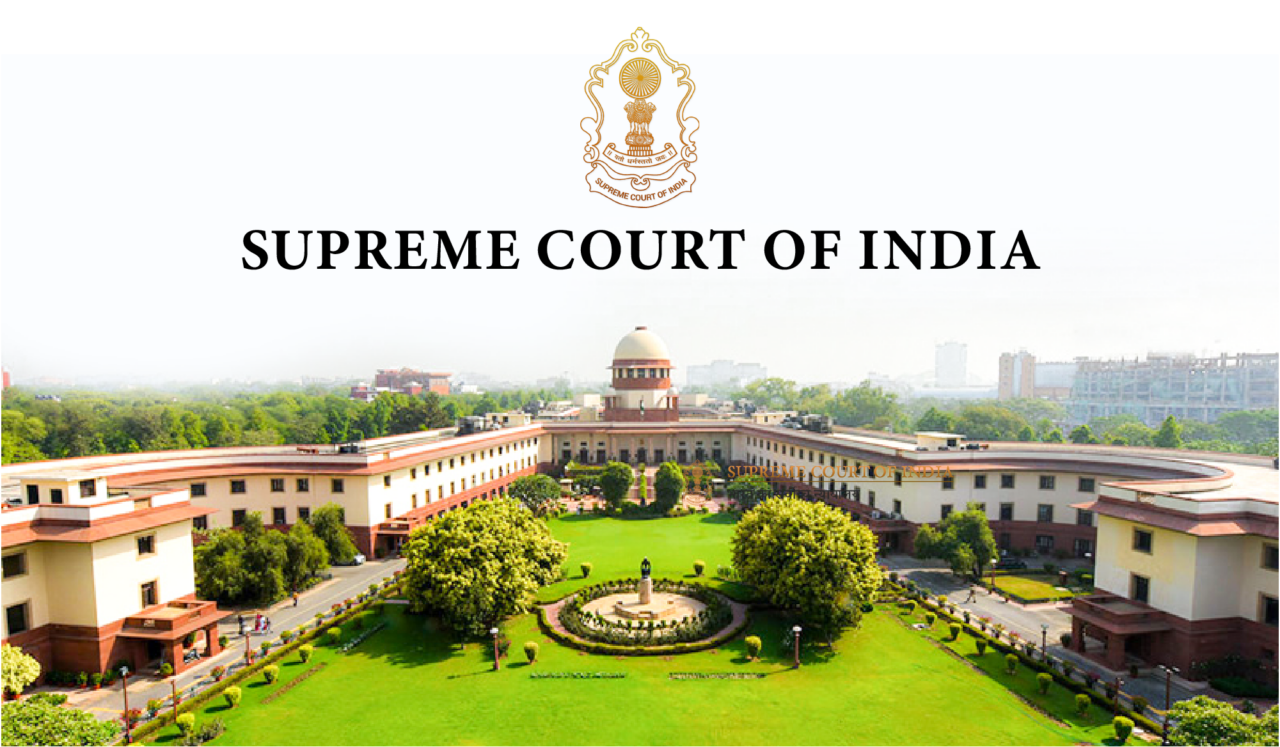The Supreme Court of India passed a judgment on 5 September 1960 in which it determined the concept of ‘Grave and Sudden Provocation’ and decided that an SLP and the Pardoning Power of the Governor cannot be clubbed together. This was seen in the case of K.M. Nanavati vs The State Of Bombay (Air 1962 SC 605) and the case was presided over by Justice K. Subbarao, Justice S.K. Das, and Justice Raghubar Dayal.
FACTS OF THE CASE:
K.M. Nanavati, the defendant in this case, was the ship’s second in command for the Indian Navy. In the Portsmouth, England, registry office, he married Sylvia in 1949. As a result of that union, they had three children: a boy who is nine and a half years old, a daughter who is five and a half years old, and a second son who is three years old. Because of Nanavati’s employment, the couple had been living in several locations since their marriage. They did, after all, relocate to Bombay.
They first met Prem Ahuja and his sister through the Agniks, who were Ahuja and Nanavati’s mutual friends. As a naval officer, Nanavati regularly left his wife and kids behind when sailing away from Bombay in his ship. Sylvia and Ahuja became friends while he was away, and their friendship later turned into an unlawful relationship. Nanavati returned from his ship on April 18, 1959. Following his return, he made repeated attempts to show his wife affection, but she was acting strangely around him. On April 27, 1959, Sylvia informed Nanavati of her romantic involvement with Ahuja. As a result, Nanavati was incensed and made the decision to settle the issue with Ahuja. Then, after driving his car to his ship, he removed a semi-automatic revolver and six cartridges and placed them in the brown envelope with the false pretext.
When Nanavati went to Ahuja’s office and couldn’t locate him there, he went to his home where he walked into Ahuja’s bedroom and closed it from inside. Ahuja was tasked by Nanavati with taking care of his children and marrying Sylvia. “Am I married to every woman I have sex with?” Ahuja retorted. Then Ahuja and Nanavati get into a fight, during which Nanavati shoots Ahuja. He then turned himself in at a neighboring police station.
The jury initially returned a judgment of not guilty under Section 302 with an 8:1 margin for the accused, K.M. Nanavati. The Sessions Judge then referred the case under Section 307 of the Code of Criminal Procedure, 1973, to the Hon’ble High Court of Bombay. The accused was found guilty under Section 302 of the IPC by the Honourable High Court. Finally, an appeal was filed with the Honourable Supreme Court.
Issues before the court:
- Whether Ahuja was shot by the accused in a severe and abrupt provocation or whether a premeditated murder took place?
- Whether an SLP can be considered without adhering to the Article 142 directive.
- Does the governor’s pardoning power work in tandem with the SLP?
JUDGEMENT:
The Supreme Court noted that although the wife’s confession of infidelity was serious, Ahuja wasn’t present when it was made, so the element of the killing being unexpected was absent. The Court reasoned that a normal individual would have had ample time to calm down following the provocation because three hours had passed between the time of the confession and the murder. As per the Supreme Court, there is no justification for interfering with the accused’s conviction under Section 302 of the Indian Penal Code and life sentence imposed by the High Court.
The Supreme Court ruled that, while keeping the principles in mind, we must consider the case’s facts, i.e. According to the defence, the accused was considering his wife and children’s future, which suggests that he had come to his senses. The interval between the confession and the murder allowed him to restore control. It is inconceivable that the accused’s abuse of the deceased prior to the shooting, which led to an equally harsh response, could have been a provocation for murder.
According to the Supreme Court, the Governor’s pardoning authority and the Special Leave Petition cannot coexist. The Governor’s authority will end with the filing of a Special leave petition.
“PRIME LEGAL is a full-service law firm that has won a National Award and has more than 20 years of experience in an array of sectors and practice areas. Prime legal fall into a category of best law firm, best lawyer, best family lawyer, best divorce lawyer, best divorce law firm, best criminal lawyer, best criminal law firm, best consumer lawyer, best civil lawyer.”
JUDGEMENT REVIEWED BY RAMASHESHAN P K.


